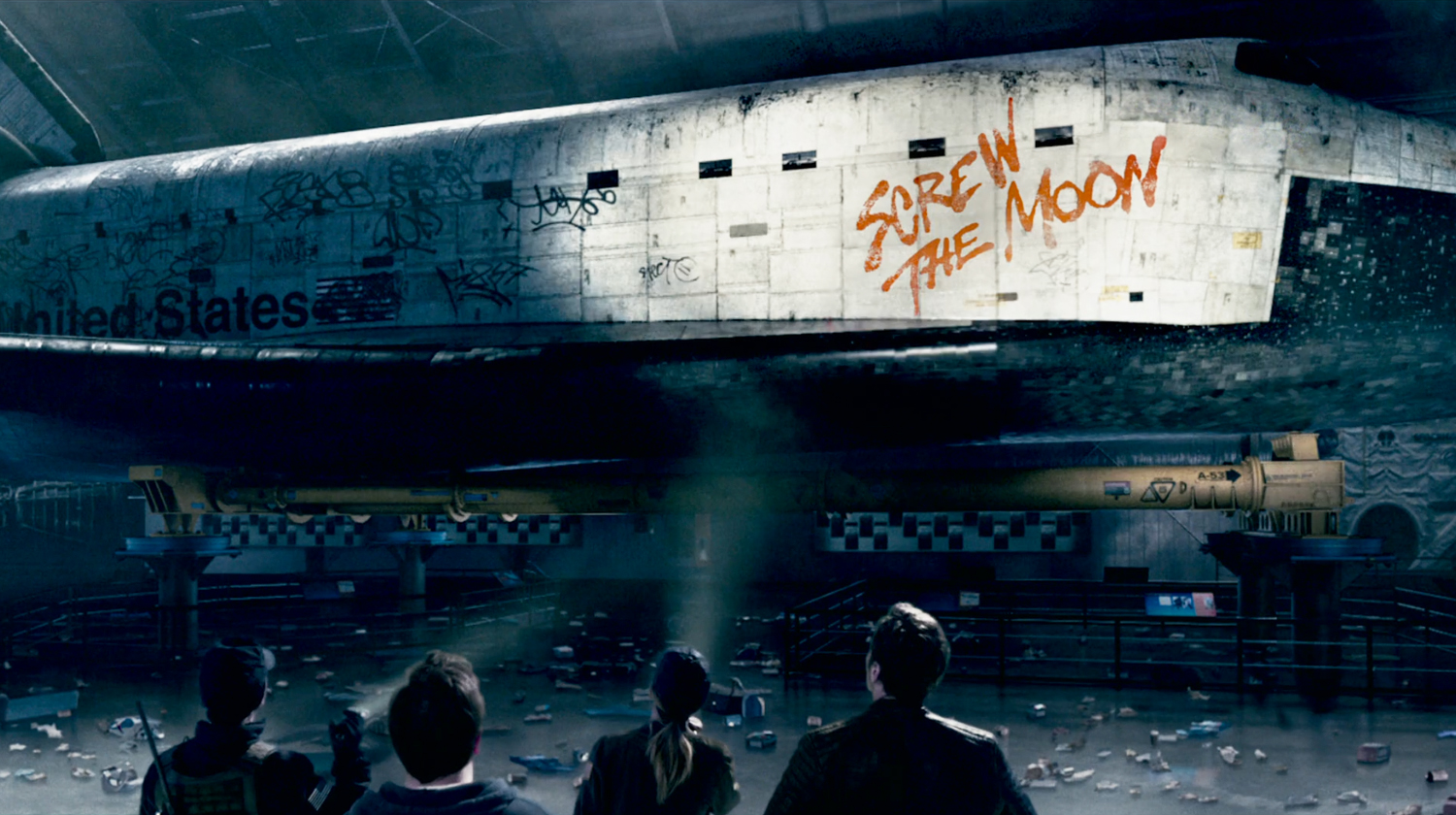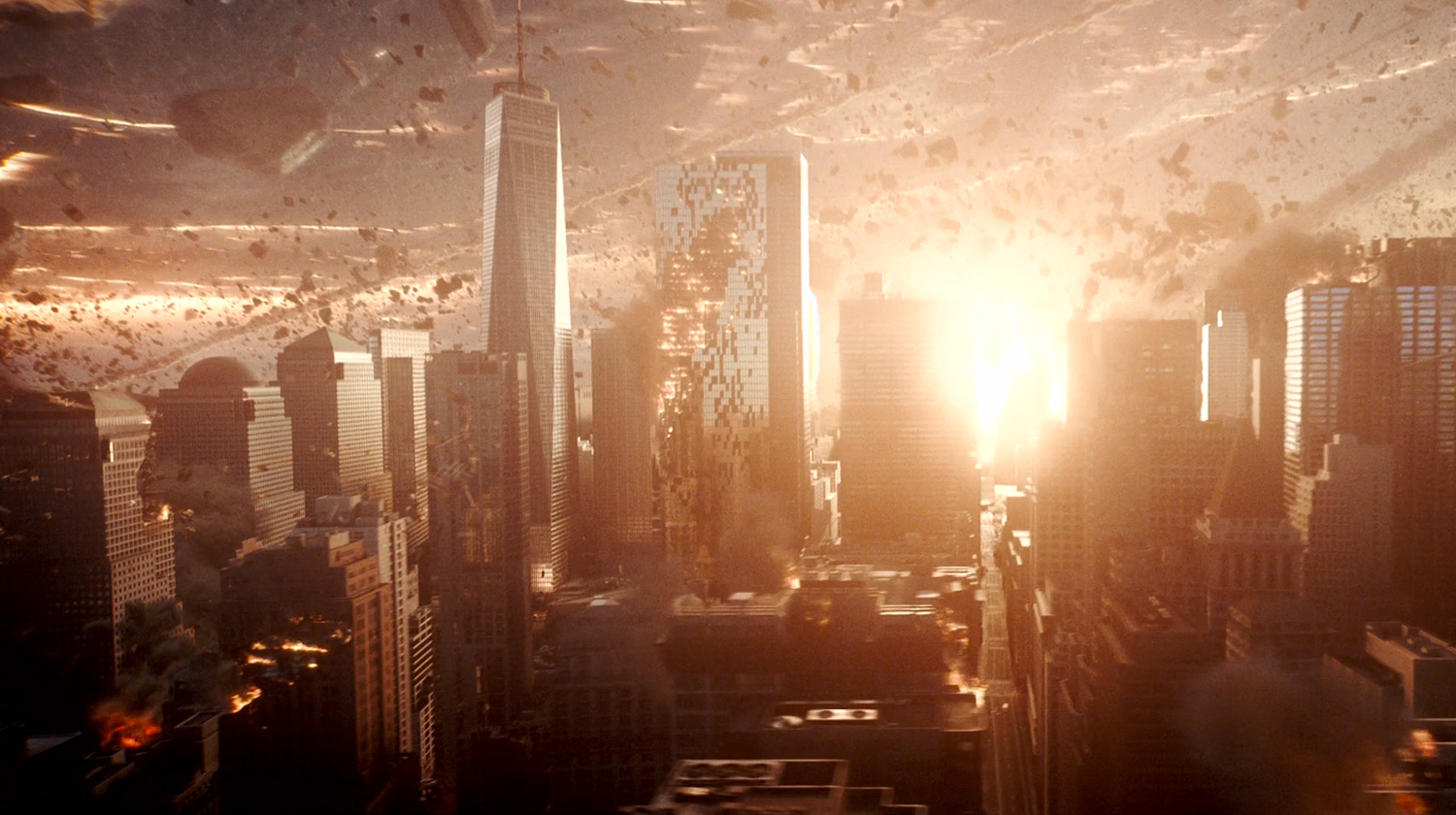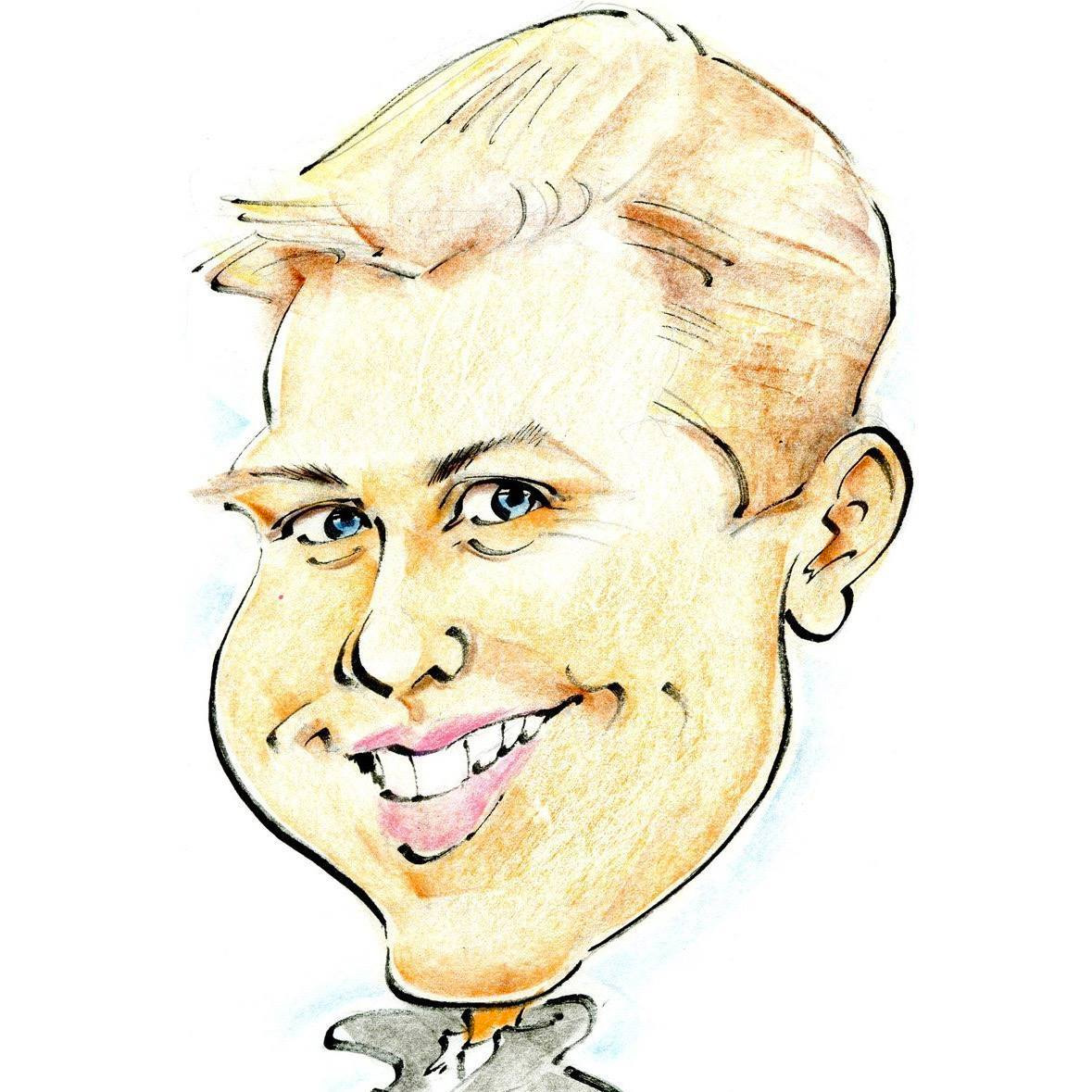New trailer for 'Moonfall' promises a disaster movie on a scale like no other, but how accurate is the physics?
We talk to Visual Effects Supervisor Peter Travers about the physics he used to make the moon crash into Earth
The latest trailer for "Moonfall" has arrived and it promises a cosmic catastrophe on a truly Biblical scale.
Despite being abundant in action, overflowing with explosions and incorporating plenty of planetary destruction, a surprising amount of care and consideration went into the physics and science of such colossal cosmic carnage. Peter Travers was the Visual Effects Supervisor on this film and Space.com was fortunate enough to talk with the maestro of movie magic.
"So I was getting ready to become a mechanical engineer and 'Jurassic Park' came out in 93, I think, and it was the beginning of large-scale, super-realistic computer graphics in movies," he said. "I've always had a little bit of an artistic interest and now all this computer graphics stuff was emerging and that was really how I got hooked, I guess."
Travers has an impressive resume, having worked on Paul Verhoeven's "Hollow Man" that featured some groundbreaking VFX, "Lord of the Rings: The Two Towers," "The Matrix Reloaded," "Watchmen," "Captain America: The Winter Soldier" and "Guardians of the Galaxy" to name just a few.
"Every movie is always something new. It's one of the reasons why I think I'd have the coolest job in the world," he laughed.
Related: Best sci-fi movies of all time

"Moonfall" marks the second time Travers has worked with the so-called master of disaster, Roland Emmerich, the first being his World War II blockbuster "Midway" that tells the story, in a surprising amount of accuracy, of the battle that effectively turned the tables on military supremacy in the Pacific in June 1942.
Get the Space.com Newsletter
Breaking space news, the latest updates on rocket launches, skywatching events and more!
Emmerich has firmly cemented his reputation as the captain of calamity with popular popcorn flicks like "Independence Day," "2012" and "The Day After Tomorrow" and lest we forget, he also gave us "Stargate." However, this time something has caused the moon to be knocked out of orbit and now it's on a direct collision course with Earth.
"Roland? Oh yeah, he is so much fun to work with. He's, so great, because he's so clear in his vision of what he wants.
"We rolled right into 'Moonfall' even before 'Midway' was done. So, the big question was how could we get the moon to actually fall. Even if the moon was to touch the Earth, there was a point early on, when we realized that the Earth and the Moon were not going to exhibit too many gravity effects on the Earth. Even if the moon and the Earth were touching with our current assumptions of the moon, and its density, because the moon is 1/100 of the mass of the Earth. And so the gravitational equation doesn't support that even if the moon and the earth were touching, that you wouldn't, you wouldn't really feel much from the moon."
Related: Watch the 1st 5 minutes of Moonfall right now!

"So very early on, we had to figure out a way to do that — and there's only really two ways that you can do that. The first is to give the moon a tremendous amount of energy, but the real one — the better one — is to inject it with a ton of mass. And so that solved two problems that would get the moon to fall ... and it would also start pulling and having a severe gravitational effects on the Earth."
The film focuses on a former astronaut-now-NASA executive (Halle Berry)) who must team up with an astronaut from her past (Patrick Wilson) and a conspiracy theorist (John Bradley) to save Earth from this impending calamity. Joining them are Michael Peña, Charlie Plummer, Kelly Yu, Eme Ikwuakor, Carolina Bartczak and Donald Sutherland.
"Moonfall" arrives in theaters across the U.S. on Feb. 4, 2022 and look out for more from our interview with Visual Effects Supervisor Peter Travers.
Follow Scott Snowden on Twitter. Follow us on Twitter @Spacedotcom and on Facebook.
Join our Space Forums to keep talking space on the latest missions, night sky and more! And if you have a news tip, correction or comment, let us know at: community@space.com.
When Scott's application to the NASA astronaut training program was turned down, he was naturally upset...as any 6-year-old boy would be. He chose instead to write as much as he possibly could about science, technology and space exploration. He graduated from The University of Coventry and received his training on Fleet Street in London. He still hopes to be the first journalist in space.










